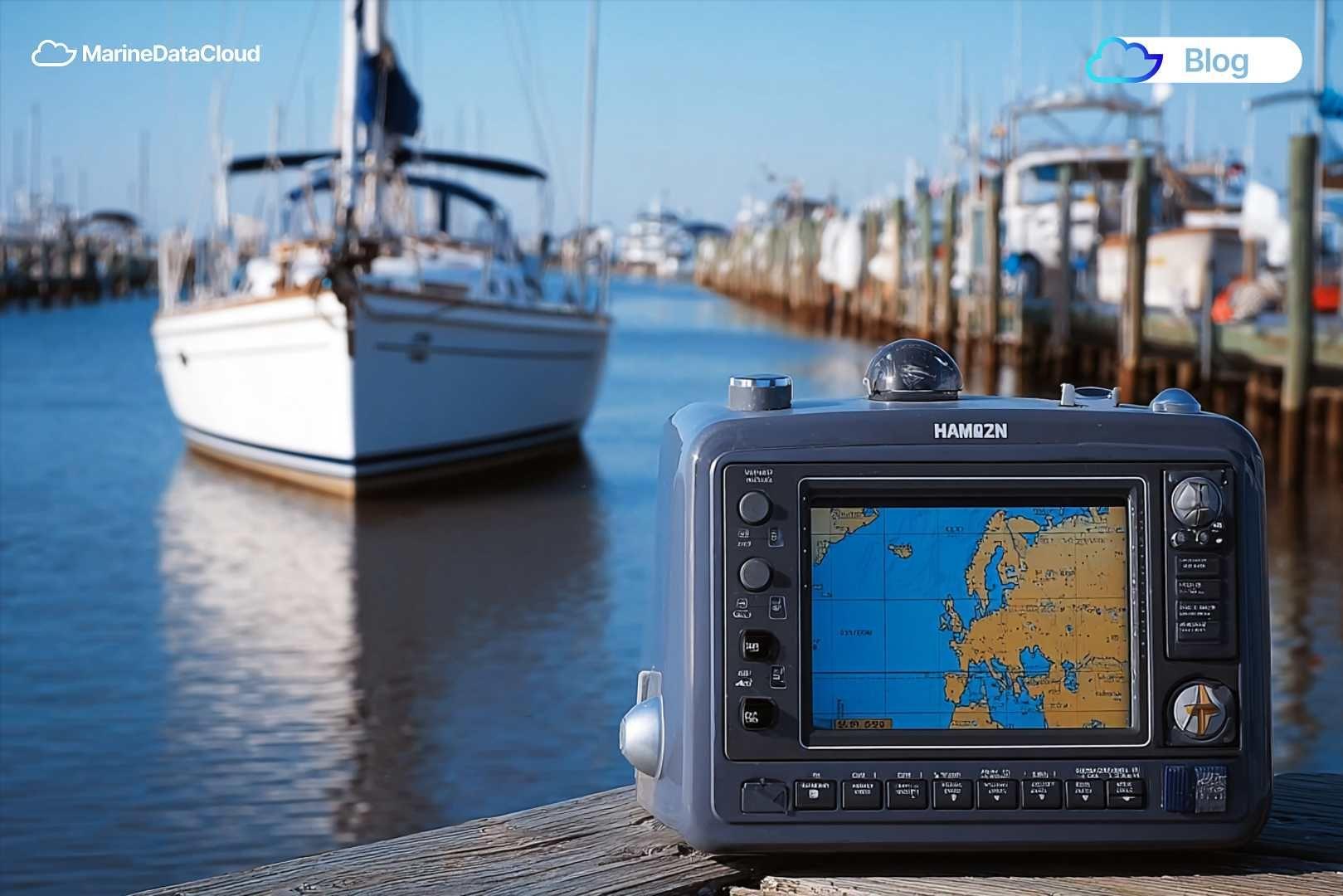Essential Boating Equipment: Anchors, GPS Systems and Marine Electronics

Essential Boating Equipment: Anchors, GPS Systems and Marine Electronics
Boating is a delightful and adventurous pastime, offering the freedom to explore the open waters and enjoy the serenity of the sea. Whether you're an experienced sailor or a novice setting sail for the first time, having the right boating equipment is crucial for a safe and enjoyable voyage.
Nowadays, boats are equipped with advanced GPS systems and marine electronics. These can be controlled using your mobile. Hence, the art and leisure of boating has taken a modern twist with the recent techs.
Anchors: Your Secured Connection to the Sea
Anchors are essential for any boat, providing a secure connection between your vessel and the water's surface. They are vital for keeping your boat stationary when you want to enjoy the tranquillity of a particular spot or need to halt your journey for any reason.
While it comes in various sizes and designs, a boat anchor shares a common purpose: to prevent your boat from drifting away with the current or wind. The most common anchor type is the "fluke" or "plough" anchor, designed to dig into the seabed to secure your boat in place. Anchors are available in different materials, such as steel and aluminium, or advanced materials like stainless steel. The choice of anchor largely depends on the type and size of your boat, as well as the depth and conditions of the water you plan to navigate.
GPS Systems: Navigation Made Precise
Navigating the open waters can be challenging, especially for beginners. This is where a Global Positioning System (GPS) comes into play. GPS systems are handy and a vital safety feature for all boaters. These systems use satellites to accurately pinpoint your boat's location, providing real-time data on your position, speed and the surrounding environment.
Modern GPS systems are often integrated with chart plotters, which display detailed marine charts to assist navigation. They can also help you plan your routes, mark waypoints and alert you to hazards like shallow waters or underwater obstacles. In an emergency, your GPS can quickly relay your location to rescue services, ensuring a rapid response in critical situations.
Marine Electronics: A Window to the Sea
Marine electronics encompass various equipment to enhance your boating experience and safety. Among these, radar, sonar and VHF radios are worth mentioning.
- Radar is a vital tool for navigating in low visibility conditions, such as heavy fog or rain. It emits radio frequencies that rebound off nearby objects, helping you detect other vessels, buoys and land masses. This capability is critical in busy waterways and at night.
- Sonar, on the other hand, is a boater's best friend for exploring what lies beneath the water's surface. It uses sound waves to construct a visual representation of the underwater terrain. This feature is indispensable for fishermen looking to locate schools of fish or for avoiding underwater hazards like rocks or shipwrecks.
- VHF (Very High Frequency) radios are the primary communication tool for boaters. They allow you to communicate with other crafts and shore stations. A VHF radio can be a lifesaver in emergencies, enabling you to call for help or relay critical information when out at sea.
Additionally, some marine electronics offer features like weather forecasting, which can be extremely valuable for planning your voyage and avoiding sudden storms or adverse weather conditions.